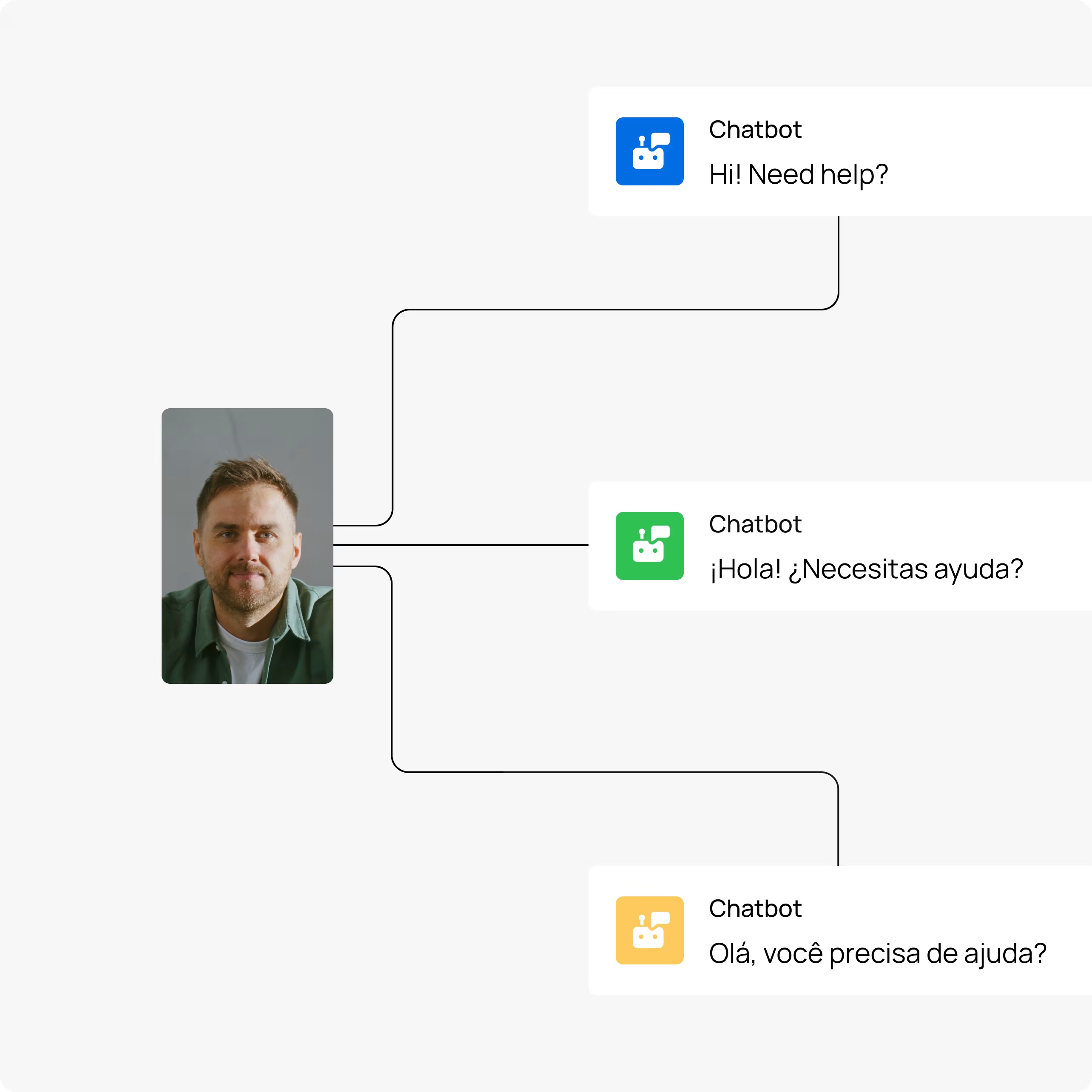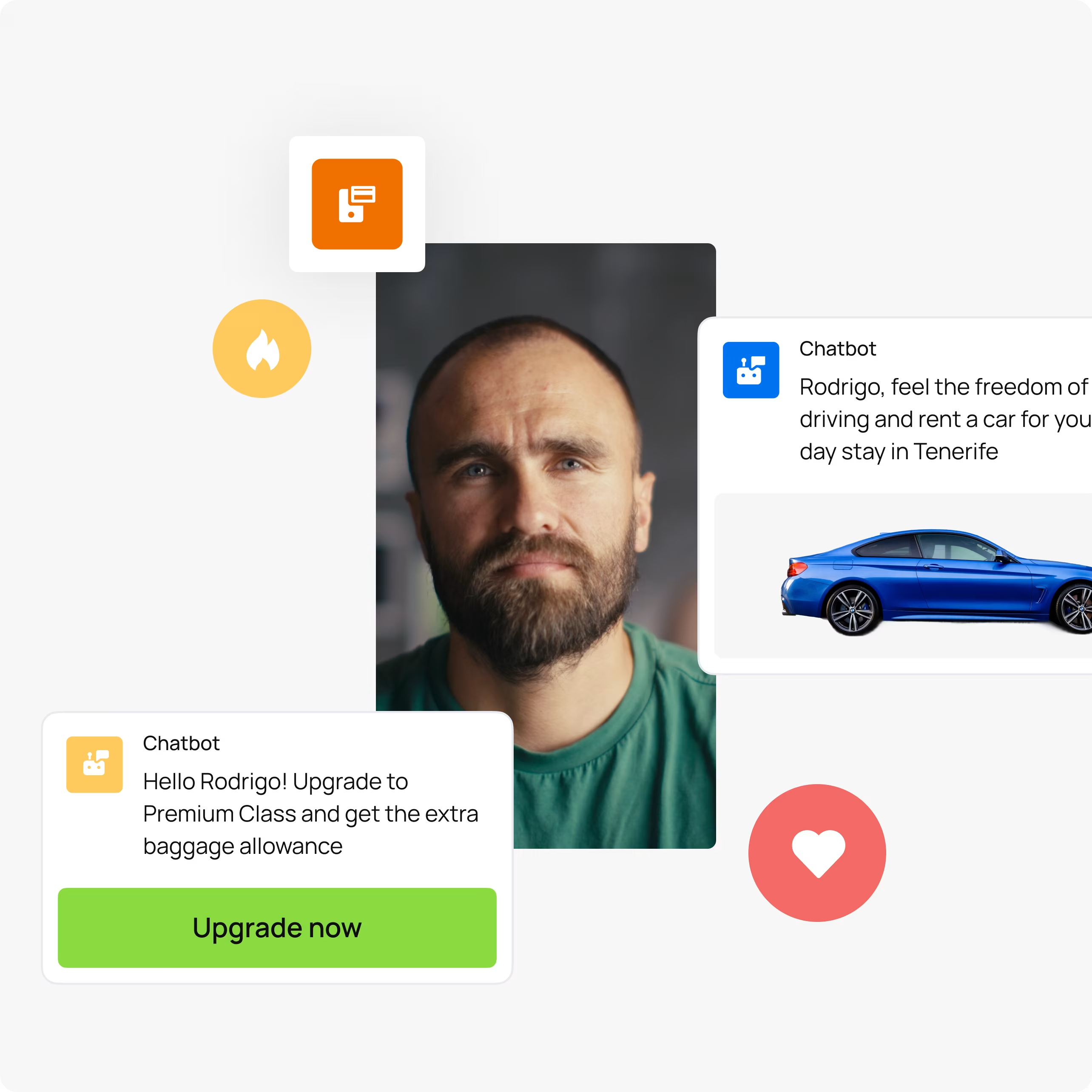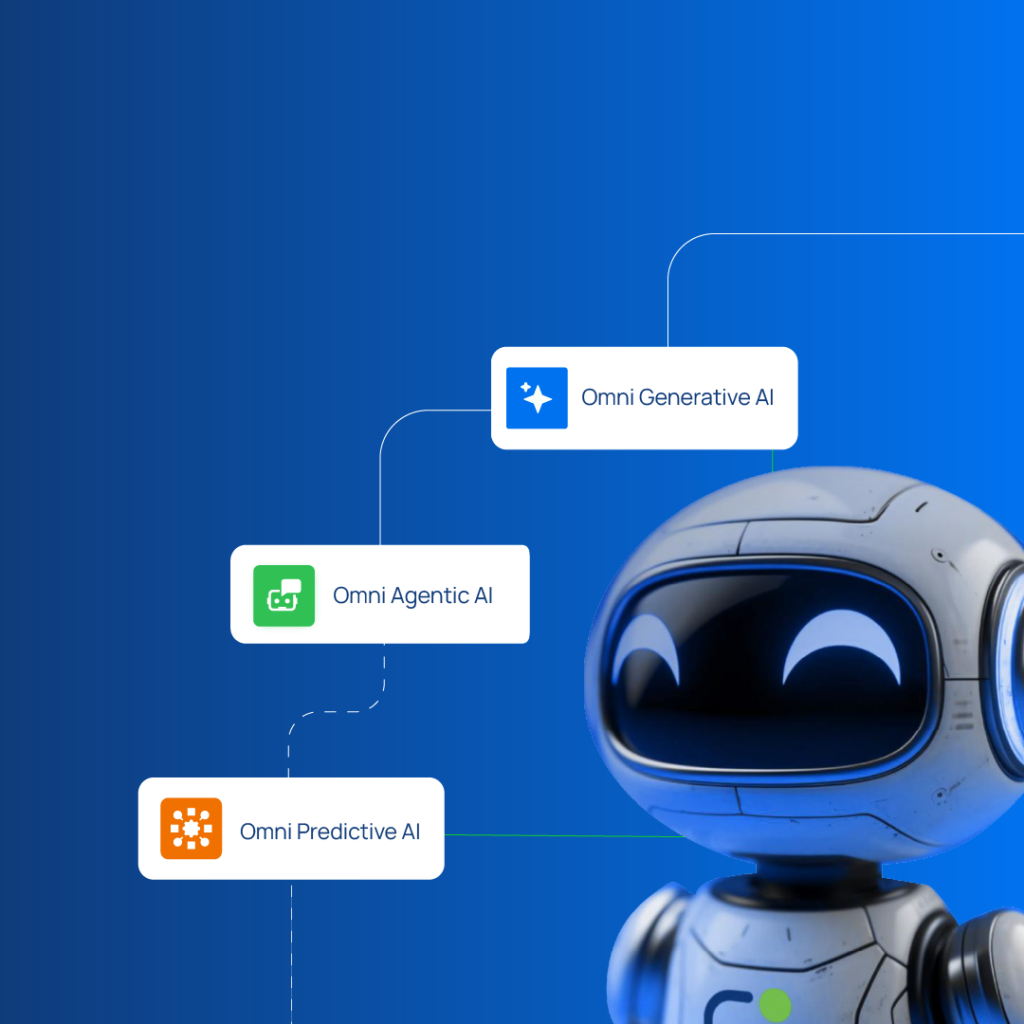Choosing Your Command Center: A Comprehensive Guide to Omnichannel Communication Platforms in 2025


In the modern digital ecosystem, the success of a customer-centric strategy hinges on the power and flexibility of its technological core. At the heart of this stack lies the omnichannel communication platform, a sophisticated software solution that acts as the central nervous system for every customer interaction. These platforms are designed to break down the operational and data silos that plague traditional business models, integrating disparate channels like email, live chat, social media, SMS, and voice into a single, unified system.
Selecting the right omnichannel communication platform is one of the most critical and consequential decisions a business will make. The right choice can unlock unprecedented levels of customer satisfaction, agent efficiency, and data-driven insight. The wrong choice can lead to a fragmented experience, frustrated customers, and a poor return on investment. This guide provides a detailed, comparative analysis of the leading platforms on the market, examining their core features, pricing structures, and ideal use cases to help you choose the perfect command center for your business.
What Truly Defines an Omnichannel Communication Platform?
It’s crucial to understand that a true omnichannel platform is far more than just a tool that offers multiple communication channels. Many platforms are “multichannel” but not “omnichannel.” The defining characteristic of an omnichannel platform is its ability to create a single, unified source of truth for all customer information and interactions, enabling a seamless experience as customers move between channels. Key architectural components that you should look for include:
- A Unified Agent Desktop: This is the agent’s command center. It must be a single, intuitive interface where agents can view, manage, and respond to conversations from all channels without having to switch between different applications or tabs.
- Intelligent Omnichannel Routing: The platform needs a sophisticated routing engine, often an Automatic Call Distributor (ACD), that can intelligently direct incoming interactions from any channel to the best-suited agent. This routing should be based on factors like agent skills, availability, language, and the customer’s history.
- A Complete, Persistent Customer History: When an agent receives a new interaction, they must have immediate access to a 360-degree view of that customer’s entire history with the brand. This includes past purchases, previous support tickets, chat transcripts, and recent website activity. This context is what eliminates the need for customers to repeat themselves.
- Comprehensive, Cross-Channel Analytics: The platform must provide robust reporting capabilities that allow you to track performance and key metrics not just within a single channel, but across the entire customer journey.

Market Leaders: A 2025 Comparative Analysis
The market for omnichannel communication platforms is dynamic and diverse, with solutions catering to different business sizes, industries, and strategic priorities. Here is a detailed comparison of the top contenders:
| Platform | Ideal Use Case | Key Channels Supported | Core Features (CRM, AI, Automation) | Starting Price (per agent/month or suite) | Key Limitation/Consideration |
| indigitall | Enterprises seeking a unified platform for both inbound and outbound communication with a strong focus on AI-driven journey orchestration and security. | Push (including Encrypted Push), WhatsApp, Email, SMS/RCS, In-App, Chatbot, Social Media. | CRM: Integrates with major CRMs (Salesforce, etc.). AI/Automation: Predictive analytics for best channel/time, generative AI for content, full journey orchestration. | . | |
| HubSpot | Small businesses with simple omnichannel needs, leveraging a strong, free CRM. | Email, Live Chat, Landing Pages, Ad Management, Conversational Bots. | CRM: Built-in and comprehensive. AI/Automation: Limited on free/starter plans; advanced automation requires expensive upgrades. | Free plan available. CRM Suite starts at $50/month. Marketing Hub Professional (with omnichannel automation) starts at $890/month. | Omnichannel marketing automation is locked behind high-priced tiers. Email deliverability has been noted as a potential weakness. |
| Zendesk | Mid-sized to enterprise-level companies requiring a robust, scalable, and support-centric solution. | Email, Chat, Voice, Social Messaging, Help Center, Community Forums. | CRM: Integrates with others, but not its core. AI/Automation: Powerful AI agents, skills-based routing, and extensive automation available, often as paid add-ons. | Suite Team starts at $55/agent/month. Suite Professional is $115/agent/month. Numerous add-ons (e.g., Advanced AI for $50/agent/month) can significantly increase cost. | Can become very expensive, especially for large teams, due to per-agent pricing and numerous costly add-ons. |
| Freshdesk | Businesses of all sizes looking for a powerful, AI-driven, and cost-effective omnichannel suite. | Email, Phone, Chat, SMS, Social Messaging (Facebook, WhatsApp), Customer Portal. | CRM: Integrates with Freshsales. AI/Automation: “Freddy AI” provides chatbots, agent assistance, and insights. Strong ticketing and automation workflows. | Omnichannel Growth plan starts at $29/agent/month. Pro plan is $69/agent/month. Add-ons available for AI sessions and other features. | Some advanced features are tied to higher-tier plans. The sheer number of products in the Freshworks ecosystem can be complex to navigate. |
| LiveChat | Businesses focused on sales and support through live chat, requiring extensive integrations. | Live Chat, SMS, Email, WhatsApp, Facebook Messenger, Apple Business Chat. | CRM: Integrates with over 200 tools. AI/Automation: AI chatbots, canned response suggestions, smart and manual chat routing. | Starter plan starts at $20/agent/month. Business plan is $59/agent/month. HIPAA compliance is available on the custom Enterprise plan. | Primarily chat-focused; while it integrates other channels, it is not as comprehensive a suite as Zendesk or Freshdesk. Free plan is not offered. |
| Intercom | Well-funded startups and enterprises seeking a premium, proactive, and AI-first conversational engagement platform. | In-app Messaging, Live Chat, Email, Product Tours, Banners, Push Notifications. | CRM: Basic CRM functionalities. AI/Automation: Advanced “Fin” AI chatbot, workflows, and proactive, behavior-based messaging. | Essential plan starts at $29/seat/month, but true cost is much higher. Pricing is complex (based on seats, AI resolutions, messages sent) with expensive add-ons (e.g., Product Tours for $199/month). | Very high and complex pricing model makes it inaccessible for many SMBs. Core features are often sold as expensive add-ons. |

A Deeper Look at the Leaders
- indigitall: For enterprises, particularly those in regulated industries like finance and healthcare, indigitall stands out as a premier, all-in-one solution. Its platform is architected around security and AI-driven journey orchestration. It not only unifies inbound and outbound channels but also offers unique capabilities like Encrypted Push Notifications for HIPAA-compliant communication. Its strength lies in its ability to manage the entire customer lifecycle, from marketing automation to customer support, within a single, secure, and intelligent ecosystem.
- Zendesk: A dominant force in the customer service space, Zendesk offers a powerful and scalable suite for support-centric organizations. Its strengths lie in its robust ticketing system, advanced reporting, and a vast marketplace of integrations. However, its per-agent pricing model, combined with numerous paid add-ons for features like advanced AI and workforce management, can make it one of the more expensive options, especially for large teams.
- HubSpot: HubSpot is an excellent choice for small to medium-sized businesses, particularly those that want to tightly integrate their communication efforts with a powerful, free CRM. Its “all-on-one” platform approach is very appealing, but businesses should be aware that true omnichannel marketing automation is locked behind its more expensive Professional and Enterprise tiers.
Conclusion: Choosing Your Strategic Partner
Selecting an omnichannel communication platform is a foundational strategic decision that will shape your company’s ability to compete and grow. The right platform is more than just a piece of software; it is a strategic partner that enables you to deliver on the promise of a seamless, personalized, and efficient customer experience.
When evaluating your options, it is crucial to look beyond a simple checklist of supported channels. Focus on the platform’s core architectural principles: its ability to unify data, the intelligence of its routing capabilities, the quality of its integration ecosystem, and a pricing model that aligns with your primary business goals. For enterprises that demand a secure, AI-powered, and truly unified platform to orchestrate the entire customer journey,











